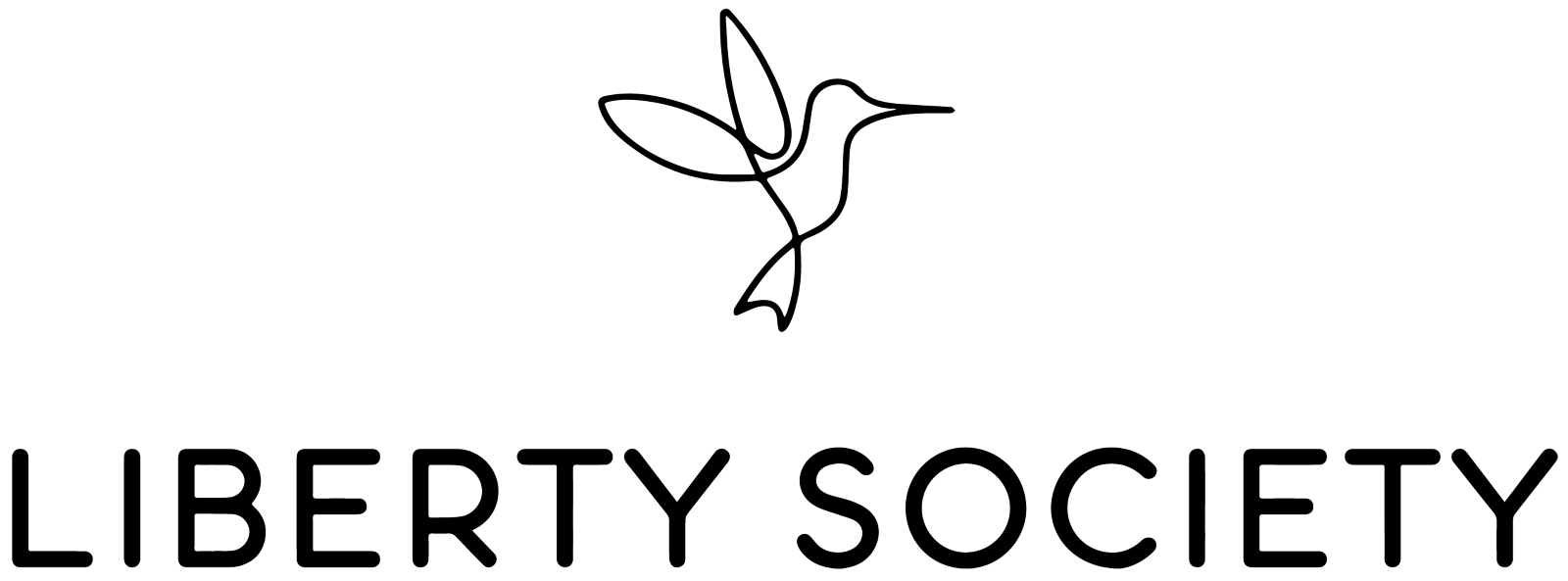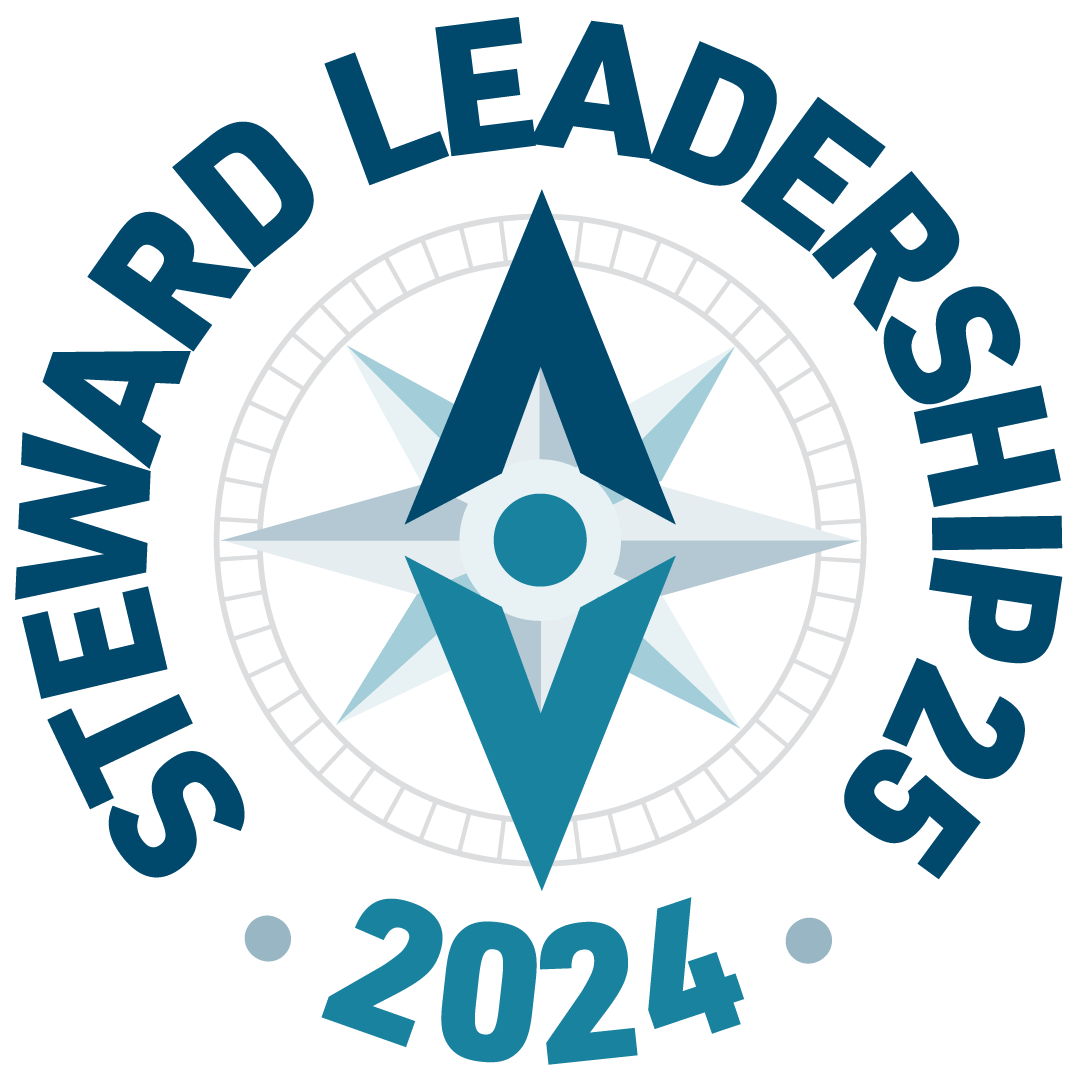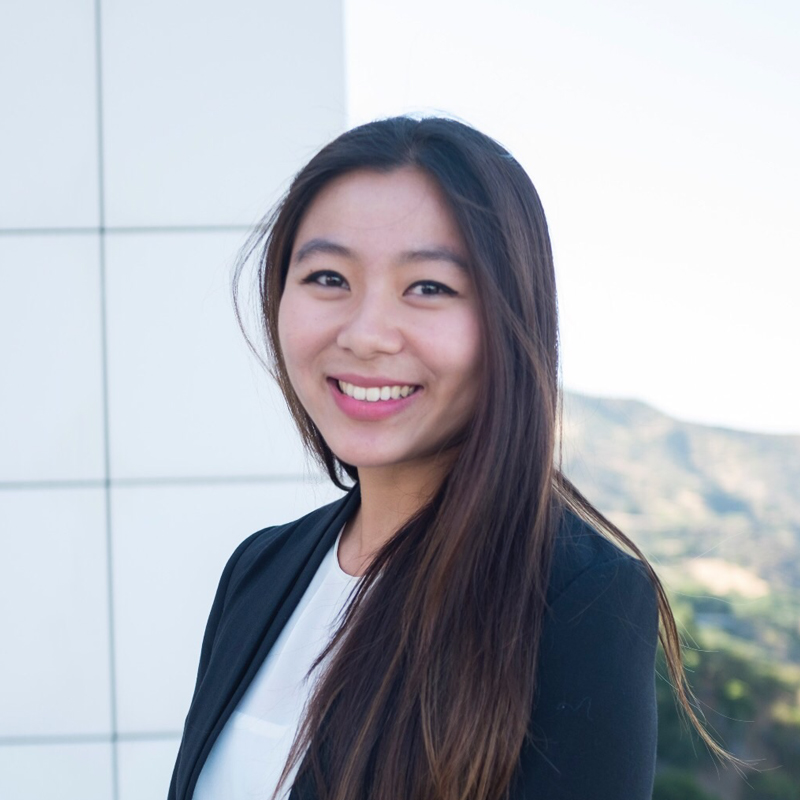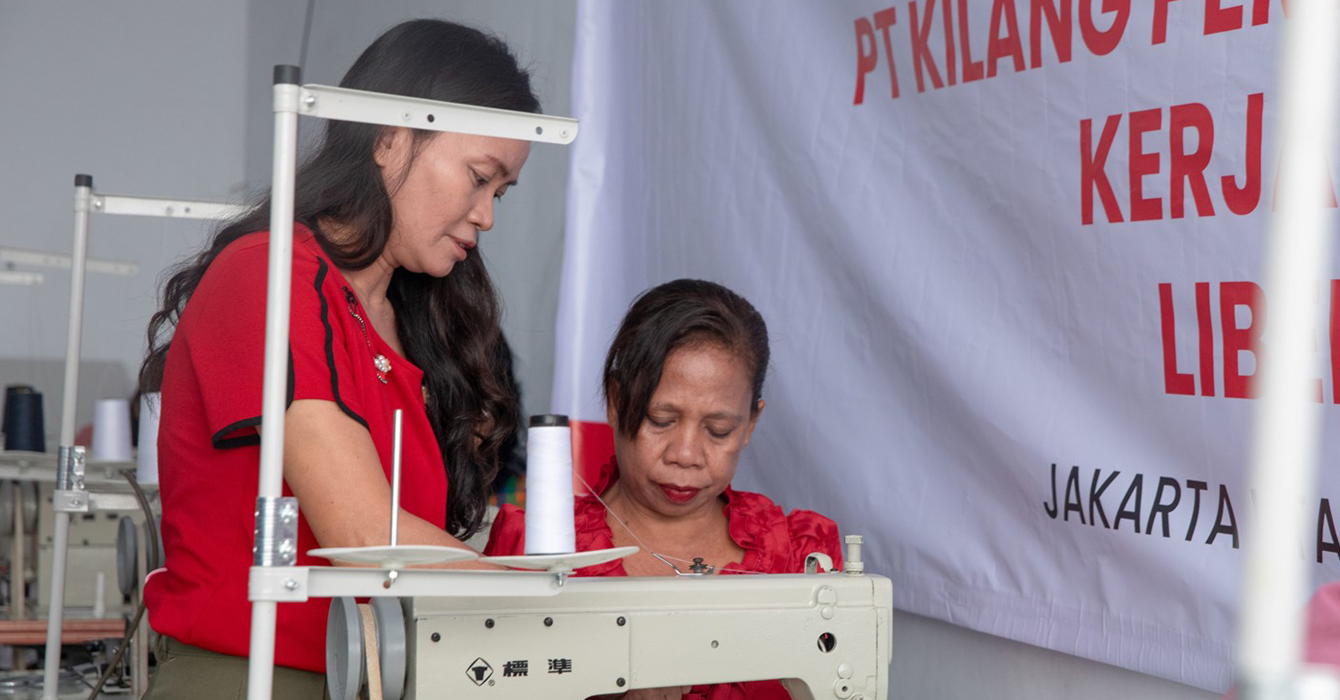By involving business corporations in recycling and skill support, marginalised women were offered opportunities to earn a sustainable income.
Socioeconomic challenge
Two critical and interconnected challenges are the growing environmental crisis from plastic, textile and paper waste and the socioeconomic marginalisation of women in poverty. Industrial waste significantly harms the environment, while marginalised women face limited economic opportunities and systemic barriers. Addressing these issues requires both sustainable practices and equitable economic development.
Purpose and strategy
Liberty Society is a social enterprise focused on upcycling waste while empowering women affected by poverty and violence. The organisation collaborates with corporations to repurpose waste into high-quality merchandise and gifts made by women trained at Liberty Society’s House of Freedom. This facility provides skills training and support, creating pathways for women to earn sustainable incomes. Each sale reinvests 10% of proceeds into training programmes to ensure ongoing empowerment.
By focusing on green procurement and upcycling initiatives, the company enables corporations to meet their environmental goals while generating a positive social impact. The strategy connects marginalised women with corporate clients, allowing them to use their talents to contribute to their communities while earning a dignified income.
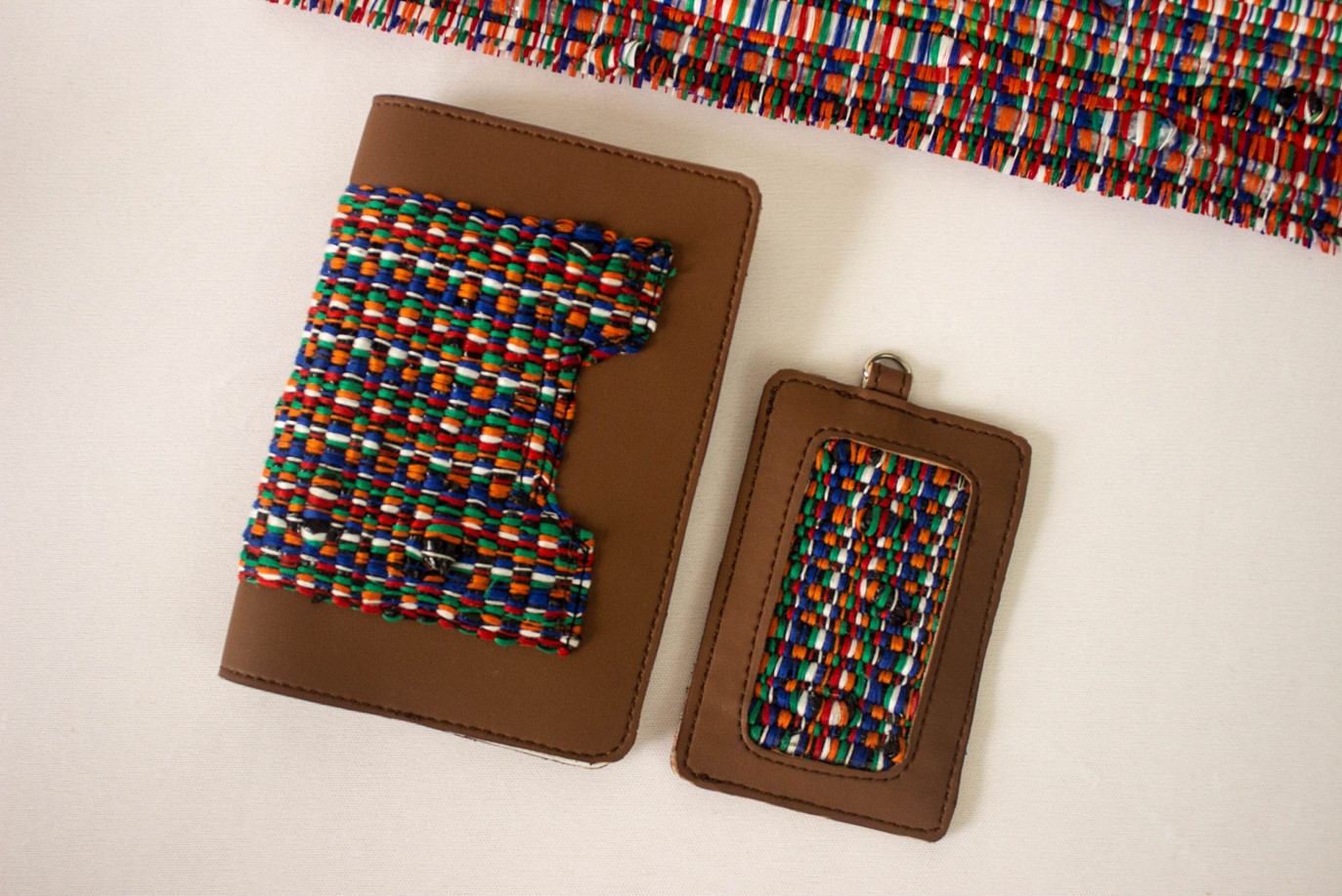
Impact and innovation
Creating impactful products for socially conscious corporations is at the core of Liberty Society’s mission as a certified B Corp.
Since its launch, the organisation has impacted over 1,000 lives through training and education.
To date, 445 women have been trained, with many increasing their income by three to four times.
The organisation has upcycled 2.5 tonnes of waste into 60,000 eco-friendly products, contributing to a significant environmental and social impact. They also practise carbon neutrality by offsetting their emissions through tree-planting initiatives. Recognised for its efforts, Liberty Society has earned accolades such as second place at the Youth&CoLab Human Mobility Innovation Challenge and a Top 4 Green Business Solutions Award from Intracen. The organisation also partners with waste bank workers and other marginalised women, turning their creative talents into value-added products. These upcycled goods help corporations communicate their sustainability efforts to stakeholders while supporting environmental responsibility.
Future outlook
By 2027, the company aims to upcycle 50 tonnes of waste into 100,000 goods, providing income opportunities for 1,000 artisans and educating 50 million people on sustainability. By 2035, the company plans to reach 100,000 artisans globally, improving their well-being and enabling them to provide for their families.
To achieve these goals, Liberty Society plans to expand its Community and Training Houses from five to ten locations across Jakarta. They intend to enter Singaporean and regional markets, upcycling waste and increasing awareness for socially conscious consumers. This growth will enable Liberty Society to scale its social enterprise model and create a more sustainable and equitable future for women and the environment.
